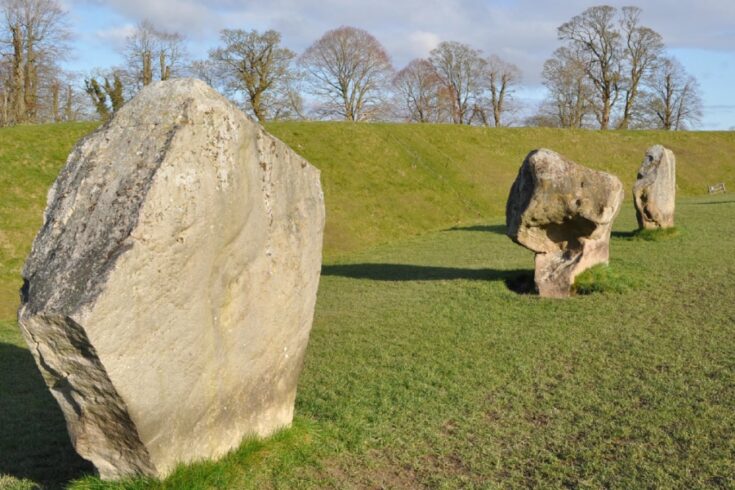Locative games (LoGa) have been around for a while, accessed on location-aware smartphones, their content is triggered by specific places. The experience they shape is a kind of mixed reality, part digital, part real-world.
How might cultural heritage sites best use this kind of technology, to create rich, engaging ways for visitors to interact with particular locations? The EU-funded LoGaCulture project is considering how the digital tours, site-specific information and interactive puzzles that LoGa can provide might enable visitors to see heritage sites ‘with new eyes.’
Mixing digital and physical places
The University of Southampton is one of the UK partners in the project. Professor of Computer Science David Millard explains:
Locative games involve the mixing of digital and physical places. People are most familiar with augmented reality, which overlays graphics on a video screen showing a location. But mixed reality can involve different kinds of interaction, for example, a space can trigger stories that you read or listen to on a hand-held device, relating to the location you’re in.
Through LoGaCulture we’re working with cultural partners to determine how best to use this technology. How might it help to manage the flow of visitors through sites, for example? We’re looking above all for ways of making locative games sustainable, robust enough to last outside of the research context, and able to be used by people on a site who might not have the technical expertise of the people who created them.
The ethical dimension
Another important aspect of the project involves looking at the ethical aspects of using locative games at cultural sites. How might they need to be sensitive to the different groups of stakeholders that a site might have? Cared for by the National Trust, the Avebury stone circle and landscape is another UK partner involved in the project. It is a sacred site for some, and place to live for others as there is a village within the circle.
With expertise in working in the sociotechnical space, understanding how technology integrates with society, the University of Southampton is leading on the ethical dimension of interactive games. The aim ultimately is to come up with policy suggestions at the European level, with governments possibly even legislating on issues around the commercial use of locative games, for example.
Continuing support
UK involvement has been central to LoGaCulture from the outset. The University of Southampton put the original proposal together, and was the motivating force behind the project. David Millard said:
Because of the Horizon Europe guarantee funding we’re able to continue. Heritage and game design are both important areas for the UK. When people have increasingly powerful devices and can overlay digital content on the real world, that can create new experiences, and generate new behaviours. How do cultural heritage sites take control of this, and be proactive in this space? That’s really what the project is about.

